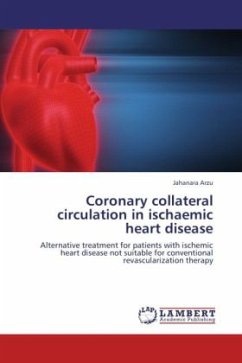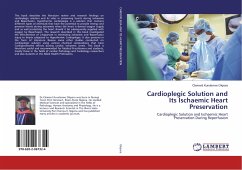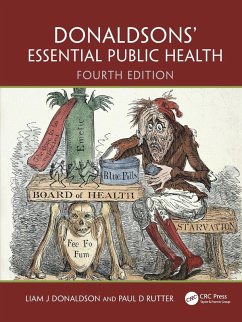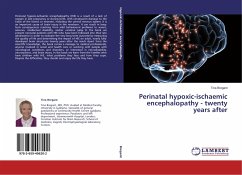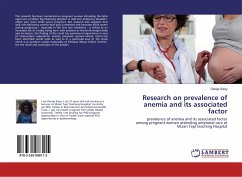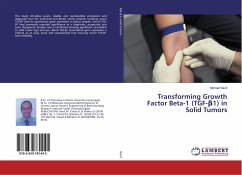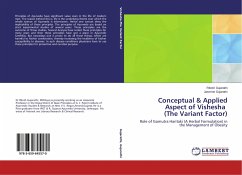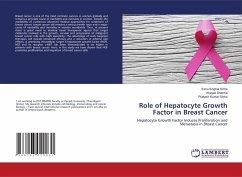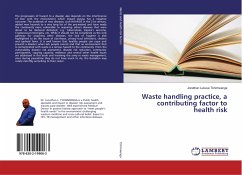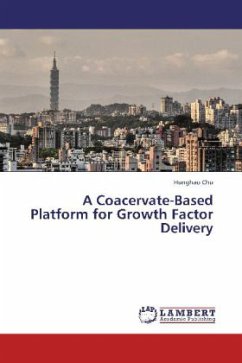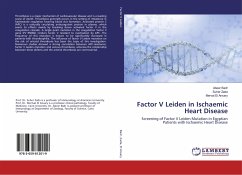
Factor V Leiden in Ischaemic Heart Disease
Screening of Factor V Leiden Mutation in Egyptian Patients with Ischaemic Heart Disease
Versandkostenfrei!
Versandfertig in 6-10 Tagen
41,99 €
inkl. MwSt.

PAYBACK Punkte
21 °P sammeln!
Thrombosis is a major mechanism of cardiovascular disease and is a leading cause of death. Thrombosis generally occurs in the setting of imbalance in haemostatic regulation favoring blood clot formation. Activated protein C (APC) is a naturally circulating anticoagulant protein in plasma, which exerts its effects mainly by breaking down activated factor V in the coagulation cascade. A single point mutation in the coagulation factor V gene (FV R506Q) renders factor V resistant to inactivation by APC. The frequency of this mutation is known to be significantly increased in patients with thrombop...
Thrombosis is a major mechanism of cardiovascular disease and is a leading cause of death. Thrombosis generally occurs in the setting of imbalance in haemostatic regulation favoring blood clot formation. Activated protein C (APC) is a naturally circulating anticoagulant protein in plasma, which exerts its effects mainly by breaking down activated factor V in the coagulation cascade. A single point mutation in the coagulation factor V gene (FV R506Q) renders factor V resistant to inactivation by APC. The frequency of this mutation is known to be significantly increased in patients with thrombophilia. The influence of factor V Leiden mutation on the risk of arterial thrombosis has been the topic of this investigation. Numerous studies showed a strong correlation between APC-resistance, factor V Leiden mutation and venous thrombosis, whereas the relationship between these defects and the arterial thrombosis are controversial.



